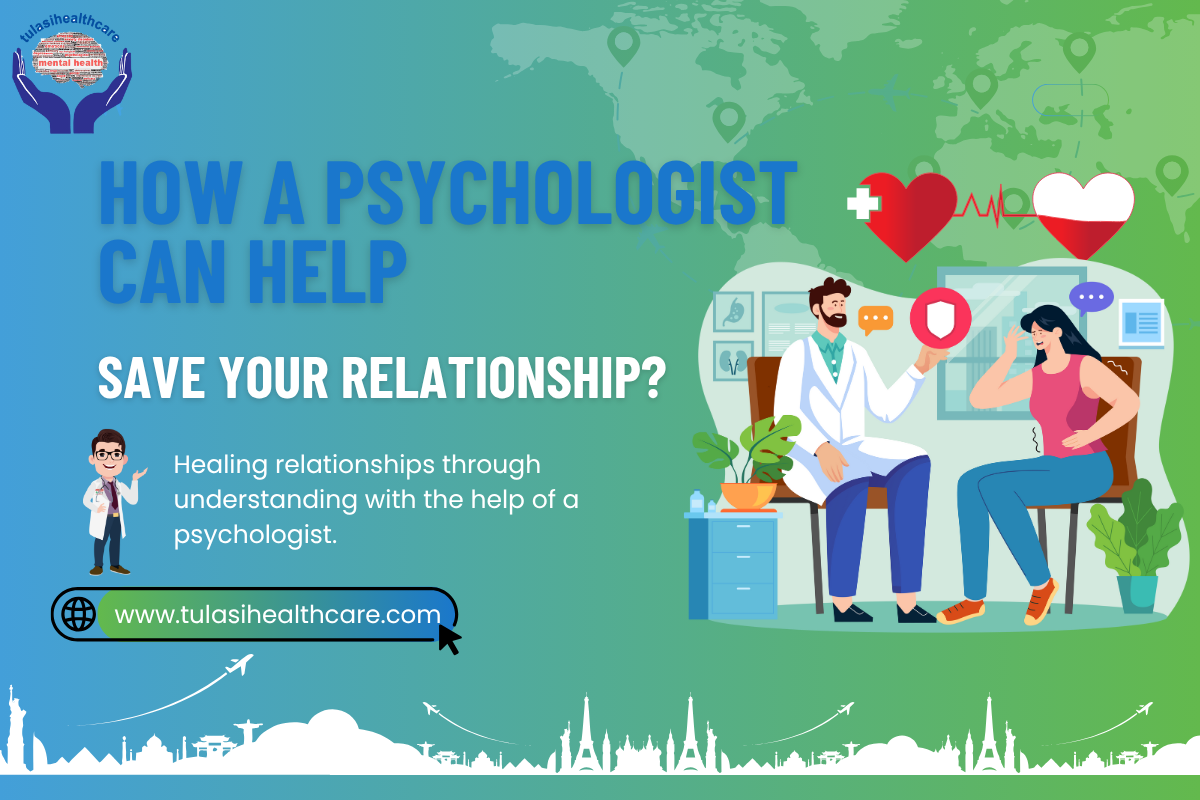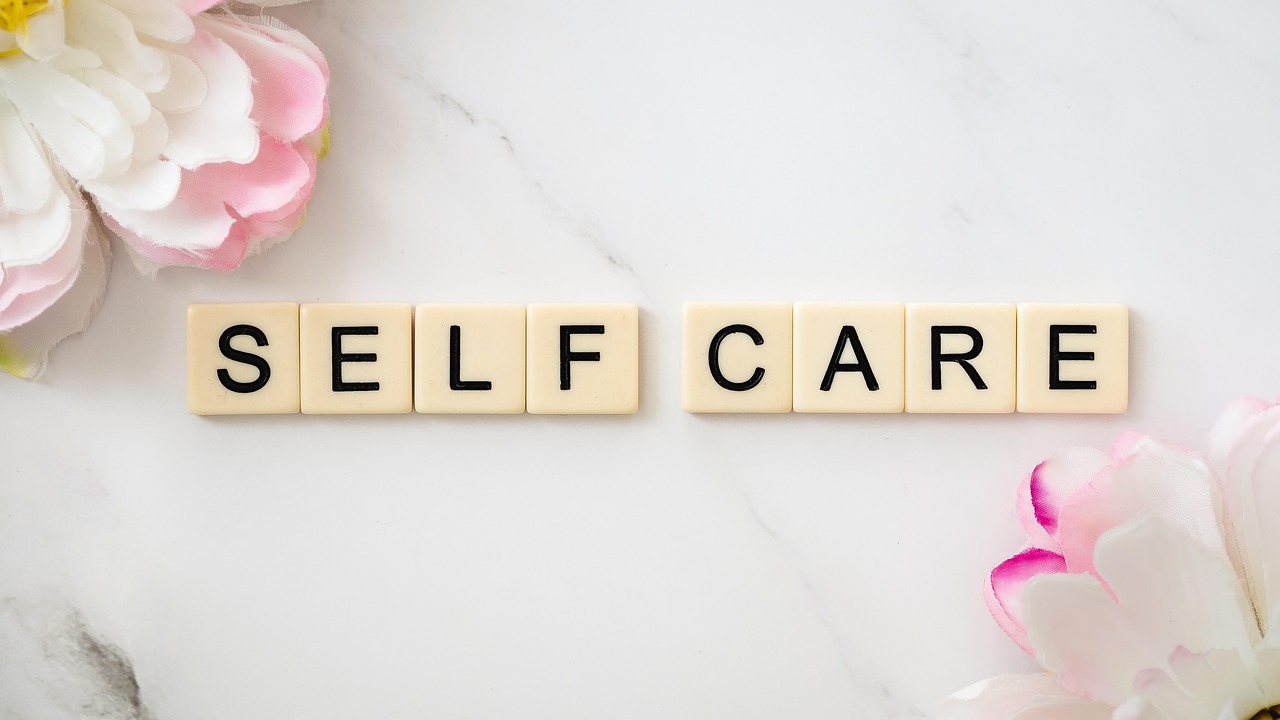The Power Of Mindfulness - A Key Tool For Stress Management

Strong 8k brings an ultra-HD IPTV experience to your living room and your pocket.
Stress has become an inevitable part of our modern, fast-paced lives, with its impacts reaching far and wide. In the pursuit of better health and well-being, many individuals are turning to mindfulness as a powerful tool for managing stress. Mindfulness, with its roots in ancient practices like meditation, has gained significant attention in recent years for its ability to help individuals stay present, reduce anxiety, and improve mental clarity. In this blog post, we explore into the power of mindfulness as a key strategy for stress management, exploring its benefits and practical applications in our daily lives.
Key Takeaways:
- Mindfulness is a powerful tool: It allows us to be fully present in the moment, reducing stress by focusing on the now rather than worrying about the past or future.
- Practicing mindfulness regularly can rewire the brain: Over time, mindfulness can change the brain's neural pathways, making us more resilient to stress and better able to regulate our emotions.
- Mindfulness can be integrated into daily life: Simple practices like meditation, deep breathing, and body scanning can help us cultivate mindfulness and manage stress in our everyday routines.
The Science of Mindfulness
Neurological Impact of Mindfulness Practice
Mindfulness practice has been shown to have a significant impact on the brain's structure and function. Studies using brain imaging technology have demonstrated that regular mindfulness meditation can increase grey matter density in areas of the brain related to memory, learning, and emotional regulation. These changes can help to enhance cognitive functioning and improve emotional well-being.
Long-term Benefits on Mental Health
Science has revealed that the long-term practice of mindfulness can lead to a myriad of mental health benefits. Individuals who engage in mindfulness meditation regularly have been found to experience reduced levels of stress, anxiety, and depression. Additionally, mindfulness practice has been linked to improved focus, resilience, and overall psychological well-being.
Impactful studies have shown that mindfulness techniques can be as effective as prescription medication in treating certain mental health conditions. Furthermore, the cultivation of mindfulness skills can empower individuals to better cope with challenging emotions and life stressors, leading to a more balanced and fulfilling life.
Mindfulness Techniques for Stress Reduction
Mindfulness Meditation
If you are seeking a powerful tool for stress reduction, mindfulness meditation is a practice that can bring about significant benefits. An age-old practice rooted in ancient traditions, mindfulness meditation involves focusing your full attention on the present moment, acknowledging and accepting your thoughts and feelings without judgment. By immersing yourself in the here and now, you can cultivate a sense of calm and clarity that can help reduce stress levels and promote overall well-being.
Mindfulness-Based Stress Reduction (MBSR)
The Mindfulness-Based Stress Reduction (MBSR) program is a structured approach that combines mindfulness meditation, body awareness, and yoga to help individuals manage stress, pain, and illness. Developed by Dr. Jon Kabat-Zinn in the late 1970s, MBSR has been scientifically proven to be effective in reducing stress and improving mental health. The program typically runs for eight weeks and involves weekly sessions that teach participants how to incorporate mindfulness practices into their daily lives.
To fully harness the benefits of mindfulness techniques for stress reduction, it is crucial to practice regularly and consistently. By incorporating mindfulness meditation and MBSR into your daily routine, you can cultivate a sense of inner peace and resilience that will help you navigate life's challenges with greater ease and composure. Stay committed to your practice, and you will gradually experience a profound shift in your ability to manage stress and live a more balanced, harmonious life.
Integrating Mindfulness into Daily Life
Mindfulness at Work
With the demands and pressures of the modern work environment, incorporating mindfulness practices can be a game-changer for managing stress and improving focus. Taking a few moments to pause, breathe, and center yourself can enhance productivity and overall well-being in the workplace.
Mindfulness in Personal Relationships
Work relationships are just as important as personal relationships when it comes to practicing mindfulness. Whether it's listening actively to a colleague or resolving conflicts with a clear mind, mindfulness can foster better communication, empathy, and understanding in all types of relationships.
To truly integrate mindfulness into your personal relationships, it's vital to be fully present and engaged in your interactions. By practicing active listening, empathy, and compassion, you can cultivate deeper connections and create a more harmonious environment in your personal life.
Overcoming Challenges in Mindfulness Practice
Common Obstacles and Misconceptions
All individuals face obstacles when attempting to integrate mindfulness into their daily routine. Some common challenges include finding time in a busy schedule, feeling like one is not seeing immediate results, and difficulty in staying focused during practice. Additionally, there are several misconceptions about mindfulness, such as the idea that it is a quick fix for all problems or that one must completely clear the mind of all thoughts. Addressing these obstacles and misconceptions is crucial for a successful mindfulness practice.
Strategies for Maintaining Consistency
For those looking to maintain consistency in their mindfulness practice, setting a regular schedule can be beneficial. Whether it's practicing mindfulness first thing in the morning or incorporating it into a bedtime routine, establishing a consistent practice time can help make mindfulness a habit. Additionally, finding a supportive community or teacher to connect with can provide encouragement and accountability. Utilizing mindfulness apps or guided practices can also help individuals stay on track with their practice.
Misconceptions about mindfulness may also deter individuals from maintaining a consistent practice. It's important to understand that mindfulness is a skill that requires practice and patience to develop. It's not about achieving a completely empty mind, but rather about observing thoughts and emotions without judgment. By dispelling these misconceptions and approaching mindfulness with an open mind, individuals can better navigate the challenges of maintaining a consistent practice.
The Broader Impact of Mindfulness
Effects on Physical Health
Once again, the practice of mindfulness demonstrates a profound impact on physical health. Research has shown that incorporating mindfulness techniques into daily routines can lead to a reduction in physical symptoms of stress such as headaches, muscle tension, and fatigue. By promoting relaxation and mindfulness, individuals can lower their blood pressure, improve immune function, and even decrease inflammation in the body.
Creating a Mindful Society
Impact: Mindfulness is not only beneficial on an individual level, but its effects can extend to society as a whole. By cultivating a culture of mindfulness in communities, workplaces, and schools, we can promote greater emotional intelligence, empathy, and resilience among individuals. This, in turn, can lead to a more compassionate and cooperative society, fostering better communication and conflict resolution skills.
Society: Imagine a world where individuals are more in tune with their emotions, thoughts, and actions, where compassion and understanding are valued above all else. By integrating mindfulness practices into various societal structures, we can create a more harmonious and interconnected world, where stress and conflict are dealt with mindfully and proactively. This shift towards a mindful society can lead to greater well-being and contentment for all its members.
Summing up
With these considerations, it is evident that mindfulness is a powerful tool for managing stress and improving overall well-being. By cultivating awareness of our thoughts and emotions, practicing mindfulness can help us respond to stressors in a more calm and measured way. It enables us to develop a deeper understanding of ourselves and our reactions, leading to greater resilience and the ability to navigate challenging situations with more ease. Incorporating mindfulness practices into our daily routines can have a profound impact on our mental and emotional health, empowering us to lead a more balanced and fulfilling life.
FAQ
Q: What is mindfulness?
A: Mindfulness is the practice of being fully present and aware of your thoughts, feelings, sensations, and surroundings without judgment. It involves focusing on the present moment and accepting it without any resistance or attachment.
Q: How does mindfulness help in stress management?
A: Mindfulness helps in stress management by allowing individuals to observe their thoughts and feelings without getting caught up in them. It helps to create a sense of distance from stressful situations, which enables better decision-making and reduces the impact of stress on one's mental and physical well-being.
Q: Can mindfulness be incorporated into daily life?
A: Yes, mindfulness can be easily incorporated into daily life by practicing simple techniques such as mindful breathing, body scan meditation, and mindful walking. By integrating mindfulness into everyday activities, individuals can enhance their overall well-being and better cope with stressors.
Note: IndiBlogHub features both user-submitted and editorial content. We do not verify third-party contributions. Read our Disclaimer and Privacy Policyfor details.







